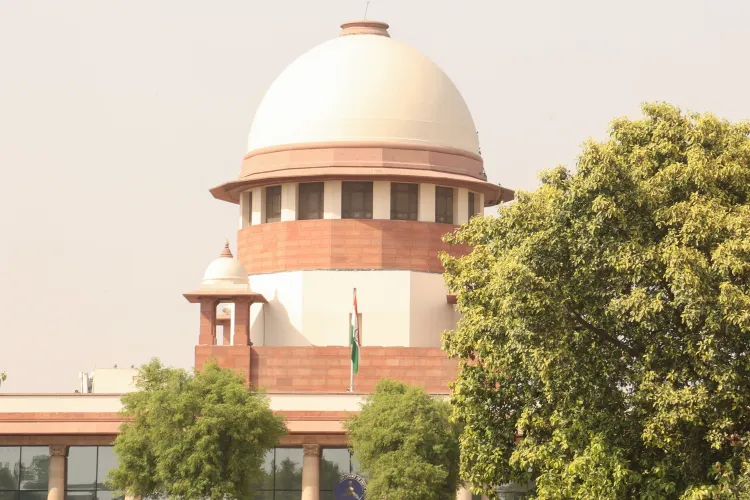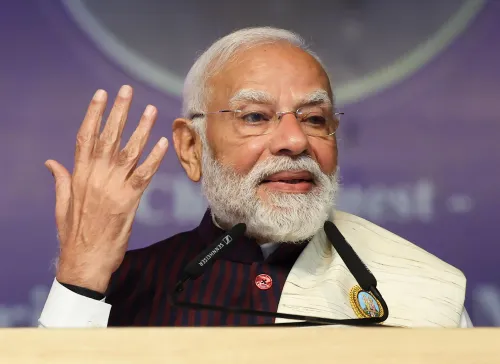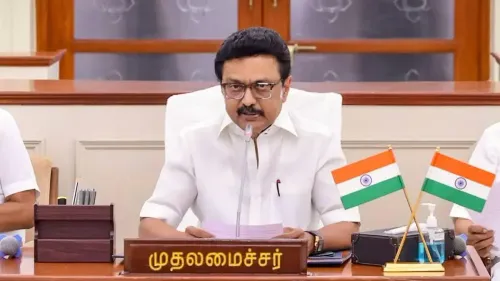Is the Waqf Act of 1995 Valid? SC Questions Centre and States

Synopsis
Key Takeaways
- The Supreme Court is reviewing the Waqf Act, 1995.
- The petition raises crucial constitutional questions.
- Debates center around secularism and religious laws in India.
- The outcome may impact minority rights and legal frameworks.
- Key legal principles invoked include equality and justice.
New Delhi, May 27 (NationPress) The Supreme Court has issued a notice to both the Centre and state governments regarding a petition that contests the legitimacy of various provisions of the Waqf Act, 1995.
At the start of the proceedings, a bench led by Chief Justice of India (CJI) B.R. Gavai indicated that it might dismiss the challenge to the constitutional validity of the 1995 legislation purely based on the issue of delay.
“We will dismiss on the grounds of delay. Why are you questioning the 1995 Act in 2025?” the Bench, which also included Justice A.G. Masih, asked.
In defense, the petitioner's lawyer referenced a notice from the top court in 2021 regarding a challenge to the Places of Worship Act, 1991. He argued that the current petition scrutinizes the constitutional validity of the Waqf Act, 1995, as well as the Waqf (Amendment) Act, 2013 and the Waqf (Amendment) Act, 2025.
Additional Solicitor General (ASG) Aishwarya Bhati, representing the Centre, stated that there should be no complications if the current petition is combined with the ongoing batch of challenges to the Waqf Act, 1995.
ASG Bhati mentioned that the Supreme Court has already established that it would not consider the petitions regarding the Waqf Act, 1995, together with those questioning the recently enacted Waqf (Amendment) Act, 2025.
After reviewing the arguments, the CJI Gavai-led Bench issued a notice to the Centre and state governments and connected this case with the pending challenges to the Waqf Act, 1995.
The petition put forth before the apex court claims that the Waqf Act, 1995 violates Articles 14, 15, 21, 25, 26, 27, and 300A of the Constitution, thereby necessitating its “abrogation” and the enactment of a secular law aligned with the principles of equity, justice, and good conscience.
“While the Act governs the properties of Muslims, there are no comparable laws for adherents of Hinduism, Buddhism, Jainism, Sikhism, Judaism, Bahaism, Zoroastrianism, and Christianity. Thus, it fundamentally undermines the secularism, unity, and integrity of our nation. Notably, 'Waqf' isn't mentioned anywhere in the Constitution,” the petition asserted.
Furthermore, it stated that if the contested Act was created to safeguard the fundamental rights enshrined in Articles 29 and 30, it should be inclusive of all minorities, including those who practice Jainism, Buddhism, Sikhism, Judaism, Bahaism, Zoroastrianism, and Christianity, not exclusively Muslims.









